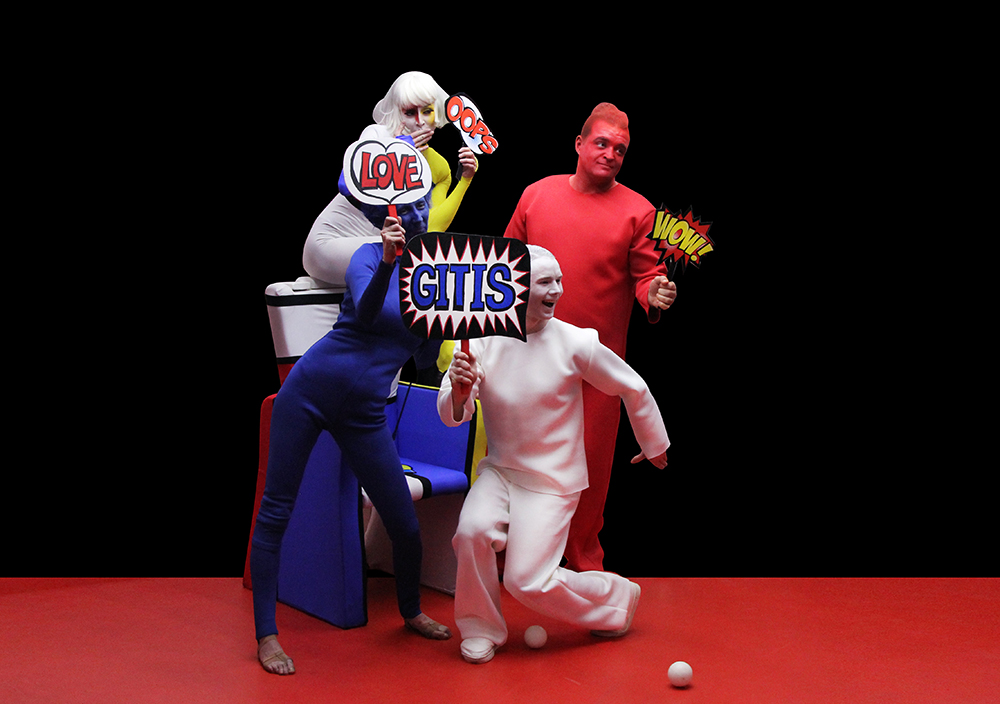5 years
course duration
₽ 711 000 per year
price
specialist program
academics
Course overview
Students study the following professional disciplines:
- Directing and acting art
- Stage speech
- Stage movement
- Stage fight, fencing
- History of circus art
- Circus act dramaturgy
- Make up
- Solfeggio
- Drama theory
- Circus director’s staging work
- History of the circus costume
- Circus genres
- Plastic arts on the circus ring.
During a 5-year course GITIS professors successfully educate circus directors — people who stage separate circus acts (clowning, pantomime, etc.) as well as whole performances. Students learn to understand the main creative areas of the circus art, be well-versed in modern trick art tendencies and be proficient in oral speech and stage acting. Important part of this course is the detailed examination of the latest achievements in the allied arts.
Theory
Apart from that, students obtain a full cycle of liberal arts education: history, history of Russian and foreign theatre, history of Russian and foreign literature, history of the cinema, music, philosophy, pedagogics and psychology, etc.
Practice
Starting from the 2nd year directors can stage performances together with acting students, participate in various international festivals, competitions, shows.
Language
Foreign students study Russian language for 5 years, therefore getting a good knowledge of the Russian language as a bonus.
Diploma
After the graduation they get state diploma, valid throughout the world.
Entrance exam
Foreign citizens take only special disciplines:
-
Directing and acting art (creative practical examination)
Exam consists of two parts:
- The candidate should perform several works of different genres. Apart from that program requirements include improvised performance of stage etudes on the assignment of the exam commission, as well as checking of the candidate’s plastic expression, musicality and sense of rhythm.
-
Examination, where the candidates show director’s etudes on the assigned theme. Such etude’s theme could be musical, plastic or pictorial work developed in the stage action.
After getting the etude’s theme, the candidate should improvise, with the help of other candidates as actors, to find the emotional vivid expression of the thought they want to show in their etude.
-
Colloquium (oral)
At the interlocution applicants’ ability for creative thinking and their erudition are checked, it’s a free conversation on the broad range of theatre issues and culture in general.
